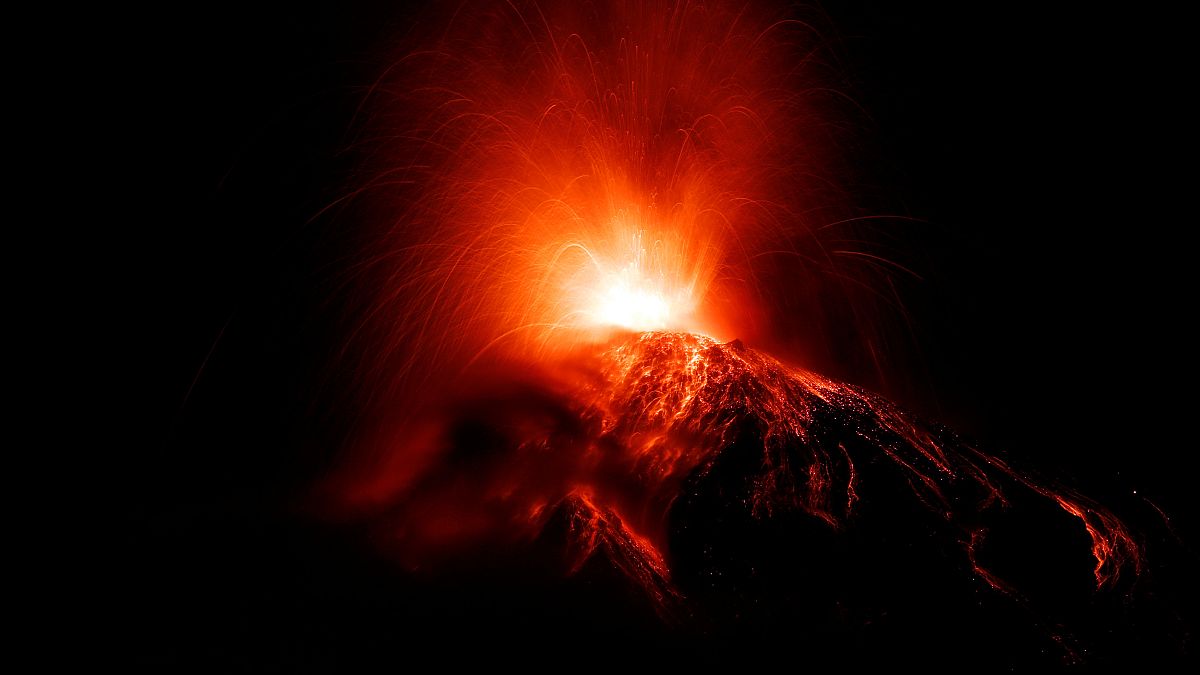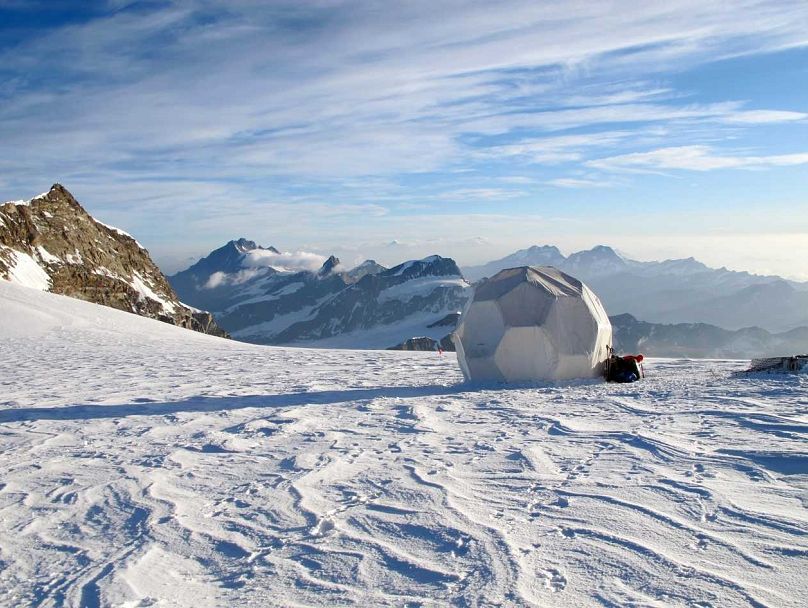What was the worst year in history? Scientists determine the answer
An international team of scientists have identified the worst year to be alive in human history after examining ice from a glacier in Switzerland.
The historians and archaeologists determined 536 AD as the beginning of a terrible sequence of events for humankind.
“It would have been frightening to be alive in 536,” Professor Michael McCormick, a medieval historian from Harvard University told Euronews.
“Imagine that out of the blue in the spring when things are warming up, all of a sudden the sun is veiled. It’s as bright as the moon at noon and the heat of the sun has become unreliable.
“It was the beginning of one of the worst periods to be alive, if not the worst year.”
McCormick and his team examined ice core extracted from the Colle Gnifetti Glacier in the Swiss Alps and analysed the samples using laser technology.
The researchers said they were able to identify pollutants in tiny volcanic glass establishing that the chemical profile was the same as what you would expect on a volcano in Iceland, in a study published last week in Antiquity.
In 536, a massive volcanic eruption in Iceland spewed ash across the northern hemisphere, McCormick said. “Temperatures plummeted resulting in an abrupt climate change that forced people to make some great adjustments to how they grow food.”
Earlier studies had already established a period of darkness around 536, but the laser abrasion technique - which counts layers in the ice - allowed the researchers to pinpoint the year and location with precision.
Christopher Loveluck, a Professor of Archaeology at Nottingham University who co-led the study, said while 536 resulted in an "horrendous set of circumstances" including famine, cold temperatures and outbreaks of the black death - it forced people to change the way they managed their resources.
"It had a massive impact for much of the 6th century and that was the start of the emergence of kingdoms," he said.
McCormick said there is a lot to learn about human history from glaciers around the world.
“With this particular one, we learnt from ancient ice in the heart of Europe," he said.
"In Greenland you can get a signal of the whole northern hemisphere. We are only at the beginning of our discoveries. No one has ever operated with this technology.”

